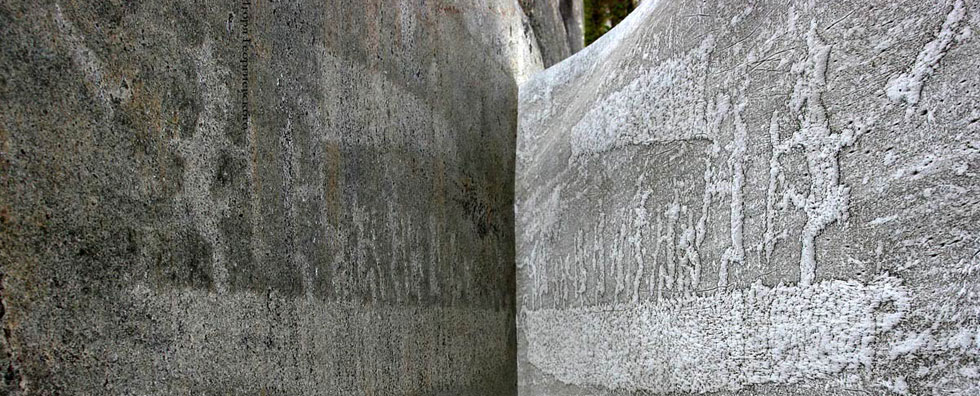Issue №4, Vol. 21Dmitriev A., Dolzhikov I., Kunitskaya O., Dyachenko V., Khitrov E., Krivosheev A. The results of a computational experiment to determine the optimal parameters and performance indicators of a wheeled-caterpillar mover of a forest machine // Resources and Technology. 2024. №4, Vol. 21. P. 1‒43.
DOI: 10.15393/j2.art.2024.7743
The results of a computational experiment to determine the optimal parameters and performance indicators of a wheeled-caterpillar mover of a forest machine
Dmitriev
Aleksandr | St. Petersburg State University of Architecture and Civil Engineering, dmitriev.nauka@mail.ru |
Dolzhikov
Ilya | St. Petersburg State University of Architecture and Civil Engineering, idolzhikov222@mail.ru |
Kunitskaya
Olga | Arctic State Agrotechnological University, ola.ola07@mail.ru |
Dyachenko
Vladimir | St. Petersburg State University of Industrial Technology and Design, Volodya.Dyachenko1986@mail.ru |
Khitrov
Egor | Peter the Great St. Petersburg Polytechnic University, yegorkhitrov@gmail.com |
Krivosheev
Andrey | Ukhta State Technical University, ugtukrivosheev@mail.ru |
Key words:
half-track running; logging; forest machines; skidding; track formation; slip coefficient; forest soils; computational experiment |
Summary: In Russia low-volume logging is performed with machines based on wheeled agricultural tractors of small and medium traction. These tractors have low cost of purchase and operation and are reliable and versatile because they can be used for not only logging and forestry work, but also for community services and agricultural work thus ensuring their year-round efficient operation. However, such tractors feature insufficient tractive force when working in difficult conditions: on deep snow, weak soils or on the rise. In this regard, a rather simple method of converting a wheeled tractor to a semi-crawler unit has been developed and successfully used in agricultural production. This provides a significant increase in their cross-country ability in difficult operating conditions, increased traction, and significant fuel savings. This article presents the results of a computational experiment based on a previously developed and researched mathematical model for substantiating the optimal parameters of a wheeled and caterpillar mover of a forest machine. The purpose of the experiment was to determine and evaluate the depth of the formed track, traction properties of the mover and the required power for given soil properties and varying loads from the wheeled and tracked mover.
|





